BLK Voices is a PA-based quarterly magazine, founded by Evita Colon, a poet, activist and the CEO of Speak to My Soul, a community outreach-focused arts organization. We first met Evita when we learned of the winery/book shop/performance space, A Concrete Rose Book Bar, that she and her partner Solise White are opening in Lancaster this summer. Evita is passionate, dedicated and a true advocate, and we are so excited to find out that she has launched this beautiful magazine to amplify the collective Black experience through art, culture and community.
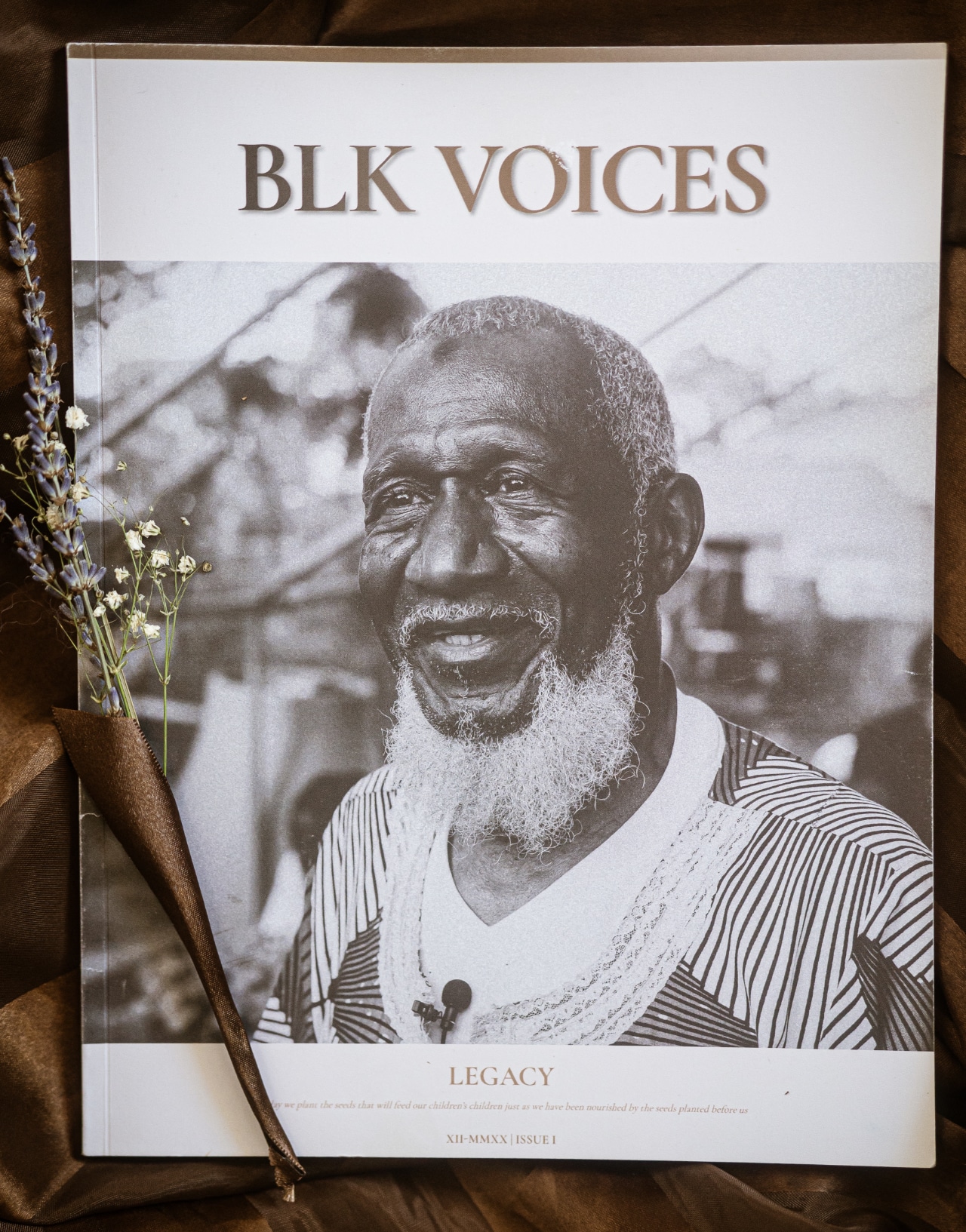
The inaugural issue, which came out in December 2020, is centered around the theme “Legacy,” and weaves together poetry, editorials and opinion pieces, cultural criticism, visual art and profiles. Nestled between the soft, smooth covers are stories about what legacy is, and what it means within many differing contexts; the cover story is a meditative photo essay about Brother Saheeb Abdus-Sabur, a holistic herbalist and healer who has a bustling urban garden in Lancaster City.
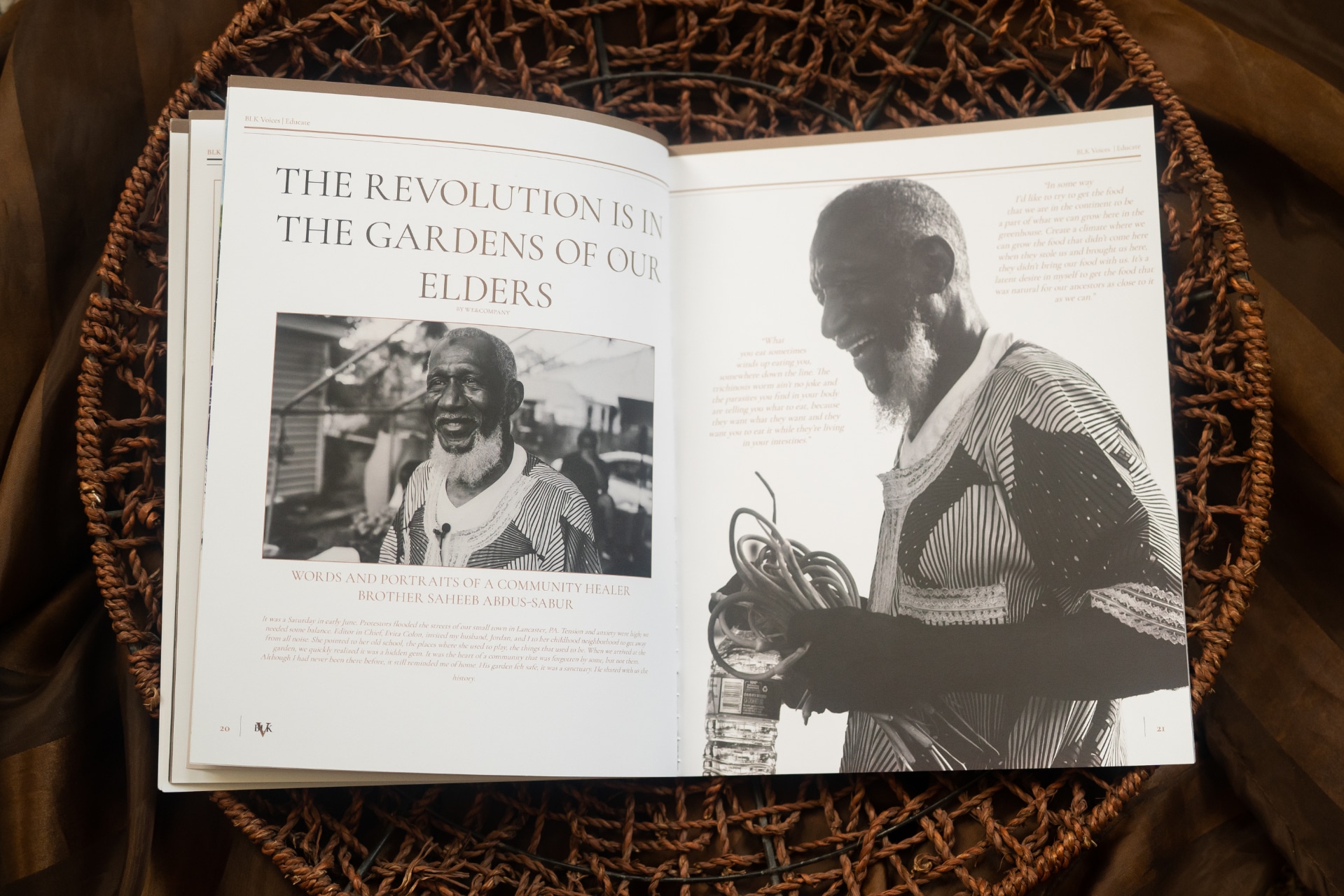 Another of the main features is a reverent look at the legacy created by Evita and Solise’s 62-year old aunt, one of the first Black women stone cutters in New York City. There is an intensely personal feel to the magazine; it has neither the super-glossy pretentiousness of many art or literary quarterlies, nor does it have the scrappy cut-and-paste vibe of a low-budget ‘zine. BLK Voices is a unique — and powerful — collection of focused self-expression by its contributors.
Another of the main features is a reverent look at the legacy created by Evita and Solise’s 62-year old aunt, one of the first Black women stone cutters in New York City. There is an intensely personal feel to the magazine; it has neither the super-glossy pretentiousness of many art or literary quarterlies, nor does it have the scrappy cut-and-paste vibe of a low-budget ‘zine. BLK Voices is a unique — and powerful — collection of focused self-expression by its contributors.
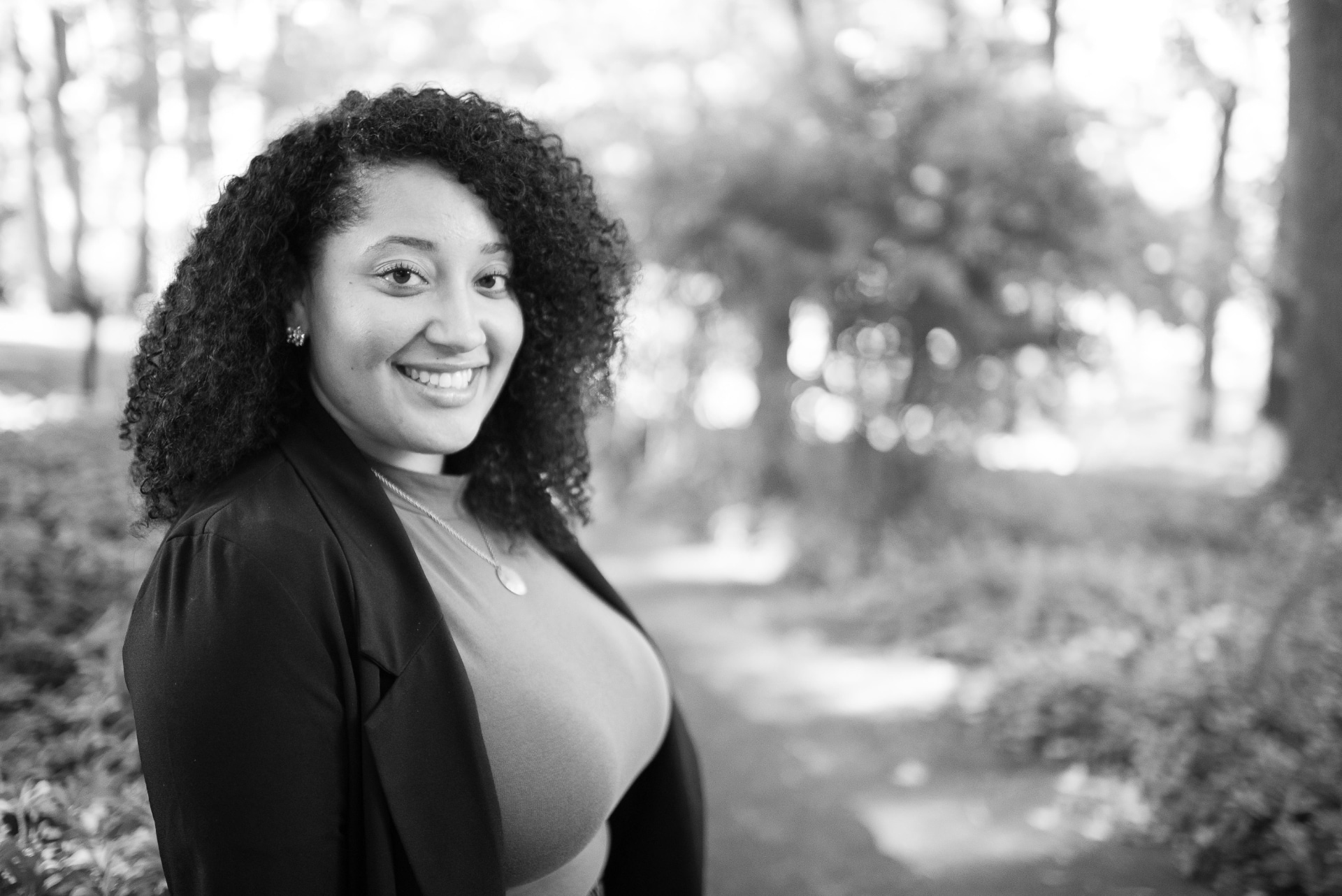
We were able to speak with Evita about this exciting project (her first foray into publishing), and are honored to be able to share more about BLK Voices on PA Eats:
PA Eats: What inspired you to create BLK Voices? Was making a magazine something you’d always wanted to try?
Evita Colon: To be honest, it wasn’t. I always tried to create space in a platform for people like me to voice their stories and experiences. We did that on stage. But with COVID, I was compelled to create something else. The unrest of the summer of 2020 [over police brutality and systemic racial inequality] really sparked this idea.
Can you talk a little more about that? In your letter from the editor, you say how you felt mainstream media coverage wasn’t really letting Black voices speak in authentic ways.
Last summer, when the unrest began, there were a lot of organizations and publications reaching out to the Black community for their experiences, to interview them or take photos. They were telling us to tell our experience … but it was very watered down. It came off as more exploitation versus really trying to express ourselves. I felt a lot of us had to play it safe, as opposed to expressing how we were really feeling.
BLK Voices is a way to express ourselves into healing. The Black community isn’t offered the opportunity to feel angry and enraged about being wronged. We’re expected to always take things in stride with grace. Anger is a human emotion, but when we express it, people feel threatened. I wanted to create a space where we can let these feelings out.
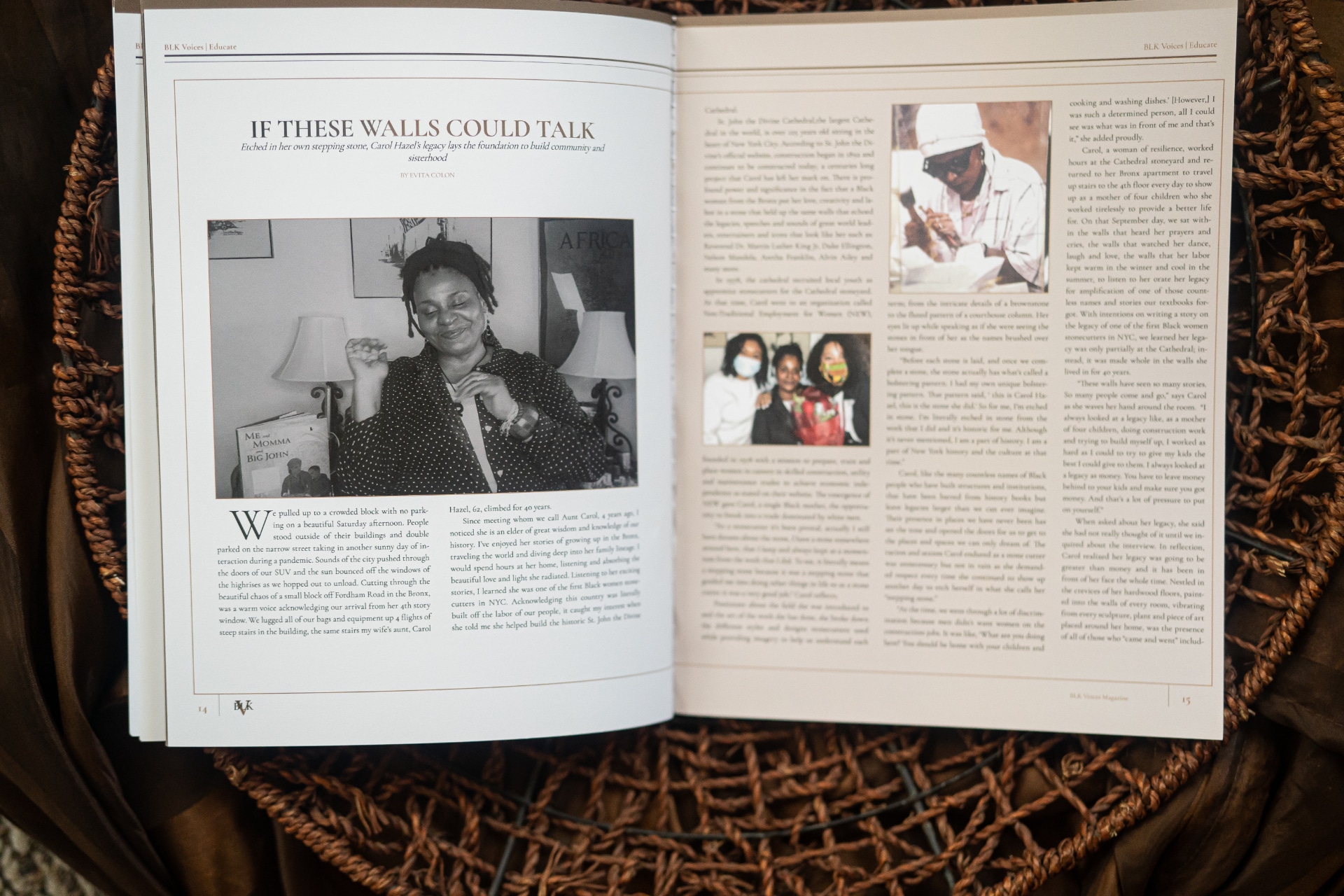
I’ve learned a lot about giving people space to feel how they feel. I practice it in my home, with my son, with the youth in my spoken word workshops. It is a safe space to feel and express what’s going on emotionally, I’m not going to edit you or tell you what you can’t say. I’ve learned when you create that safe space, there’s a level of vulnerability there that people feel comfortable in. It’s because they feel safe and listened to, and those are the things that are missing a lot of the times. We’re not given those things.
How did you go from having this idea — to create a truly safe media space for Black voices to be fully expressed — to creating a real print magazine?
It was very difficult, because I don’t have a background in journalism. I used my connections in the field, I bought a lot of magazines and did a lot of reading to see what I liked and what I didn’t like. I liked magazines that felt good in my hands. I didn’t opt for an online magazine, because I think with all the technology today we kind of lose sight of how important it is to hold something physically in our hands. That means something to us. That was the basis of everything. I wanted not only the content to feel good, but the physicality. I started discussing things with people who’d been editors, or who had their own magazines, and I started talking to the person who printed it. I used all of my resources to make this thing work.
Were there any specific magazines that influenced BLK Voices?
Fire Magazine was created during the Harlem Renaissance by icons of the time, like Zora Neal Hurston and Langston Hughes. They were going against the status quo by talking about parts of the Black experience people wouldn’t usually talk about, like prostitution, Black queer identity, sexuality. That magazine never went past the first issue, it was such a controversy. But it’s very profound when you look back it. Something like that would have succeeded today beyond many issues, and I wanted to embody that with BLK Voices.
The magazine has a really subtle, natural flow to it. How did you come up with the structure?
As a poet and a writer, I love for things to flow, it’s such a big part of telling a story. The first issue is divided into four sections: Empower, Educate, Elevate and Amplify. BLK Voices is about the collective black experience, it’s all of our stories, even though we’re all different, we’re still telling the whole story of the black experience together, it was important for me to find a way to find that.
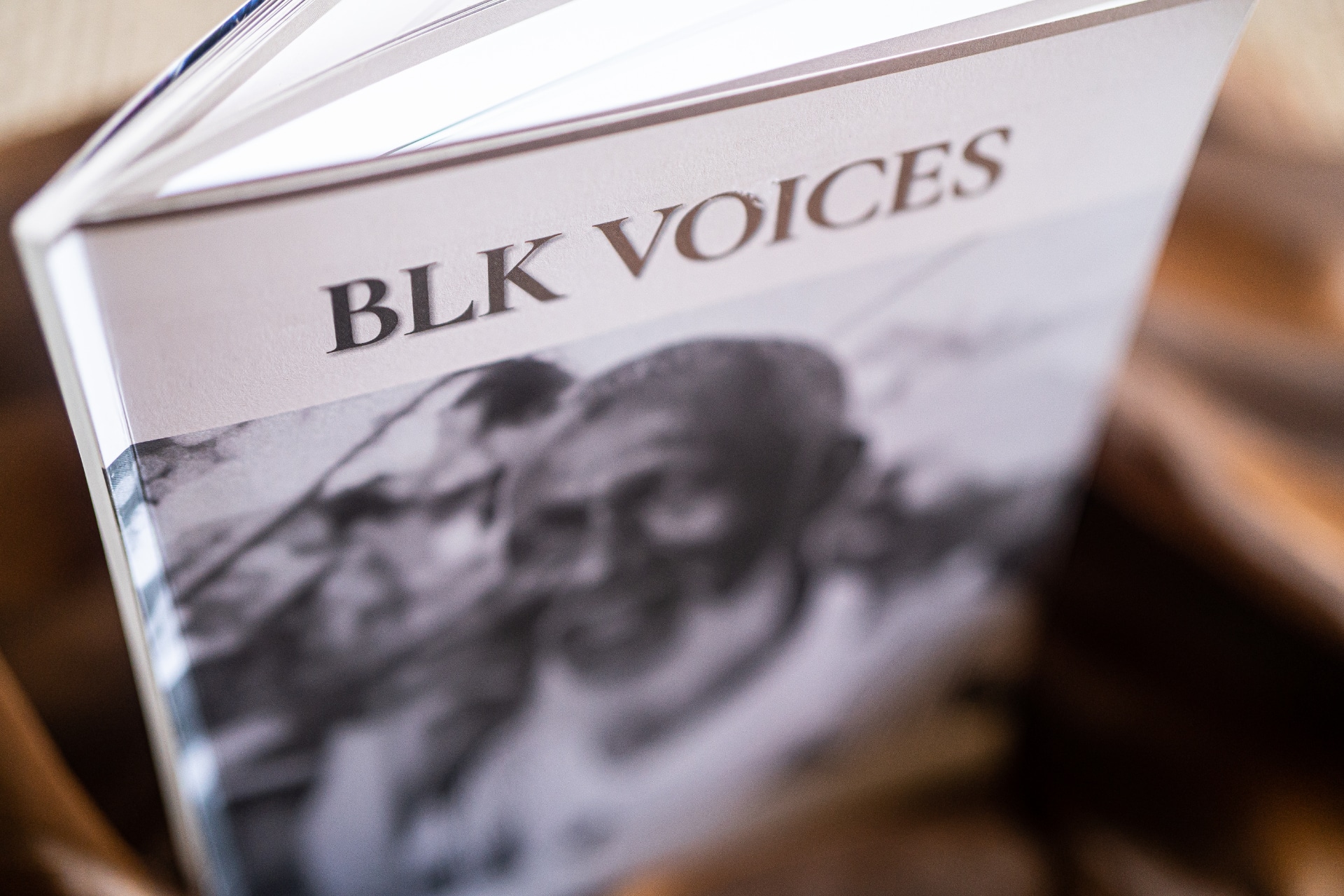
Can you tell us more about the cover story?
It’s about Brother Saheeb Abdus-Sabur. He has this garden in southeast Lancaster where he grows all of these herbs, and he can do holistic healing. He’s been a spiritual adviser to me. He’s Muslim, and though I don’t identify with that religion and we practice our spirituality differently, we learn a lot from one another. He’s given me such great advice, and helps me, uplifting in mind, body and soul. It was hard to contact him [for the story] because of COVID. That day we were able to stop by was special because it was during unrest, and I felt very overwhelmed, angry, confused. I didn’t know what to do. I went to him and I brought the photographers W.E.&Company with me to seek insight and to have our cups refilled. He greeted us with love and fed our soul the whole time we were there.
How has the reception been to the magazine so far?
I’m usually very critical of my own work, and this is the first time I created something and it felt really good. I knew it wasn’t flawless, but I knew in my spirit it would help people. I got amazing feedback from people of all backgrounds. People in the Black community said they needed this, it made them feel at home. I love the feedback from the elders the most. I’m always trying to impress my elders. They loved it! People outside the community appreciated the stories, too.
What do you have planned for the second issue? Where can people get BLK Voices?
Impact is the theme for the second issue, which is coming out in April. I think each issue will have their struggles — I expect that in any project. The first time through, I had to teach myself Adobe InDesign, I stayed up many nights watching YouTube videos and reading articles, learning through trial and error. Now that I have that down, I can just use that template. The first issue was hard to gain contributors, we didn’t know how to explain what this was, how to explain each section, and now I have more insight into what each section means and what it should have. I look forward to having more content, too. The first one was pretty thin, but it had a lot of great content. I also built a team to help with everything, it’s too much for one person!
It’s available online and once the book bar opens, that will be the primary location where it’s sold. I’m working on trying to get it in a few stores so it’s more accessible. We’re going to start a subscription after we do this for a year. I didn’t expect this to be as supported as it is, people want more and want to subscribe, but I have to learn how to do all that too!
To learn more about BLK Voices and to pick up a copy of the magazine (or submit!), check out the website for A Concrete Rose Book Bar. For more on Evita Colon’s work as an artist and educator, head over to Speak to My Soul and follow along on Instagram.
- Photos: W.E.&Company
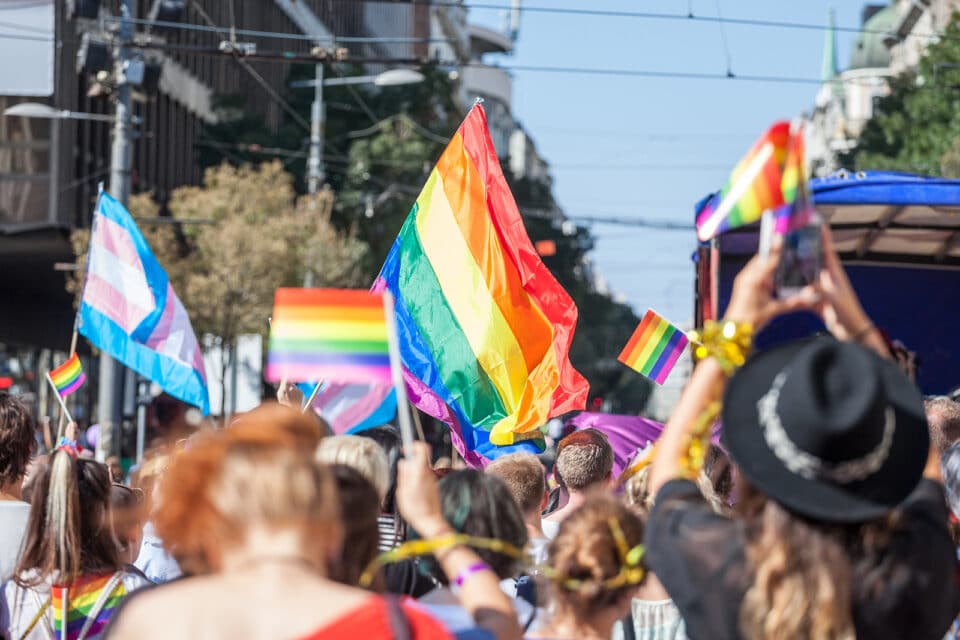
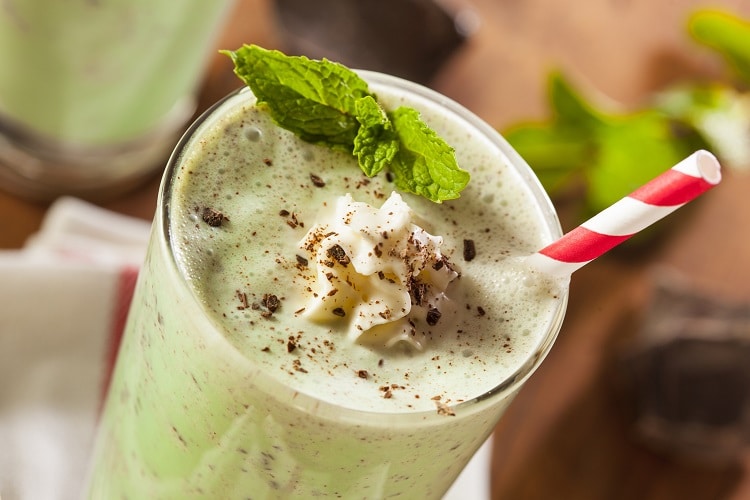
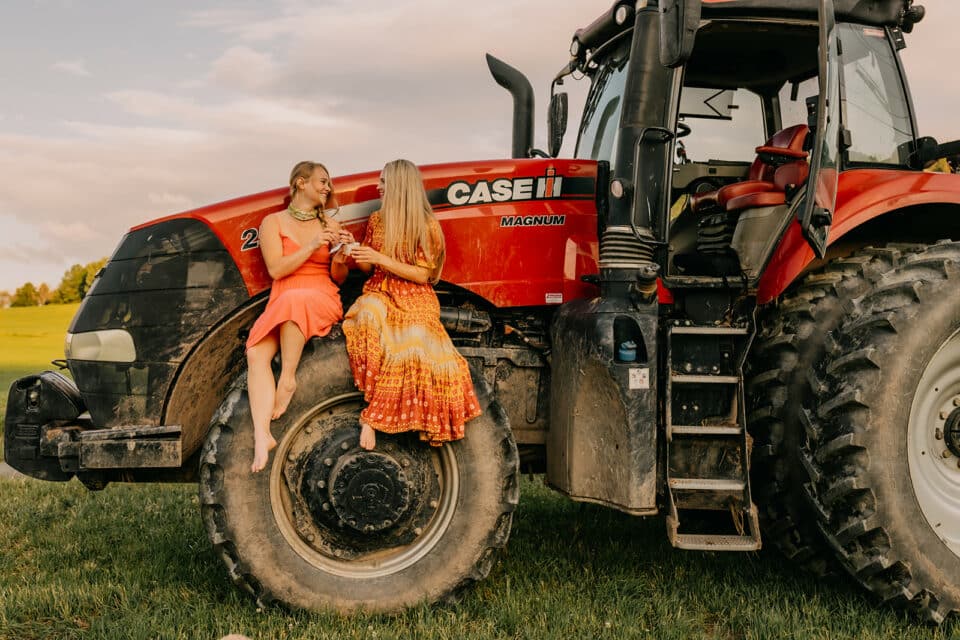

2 Comments